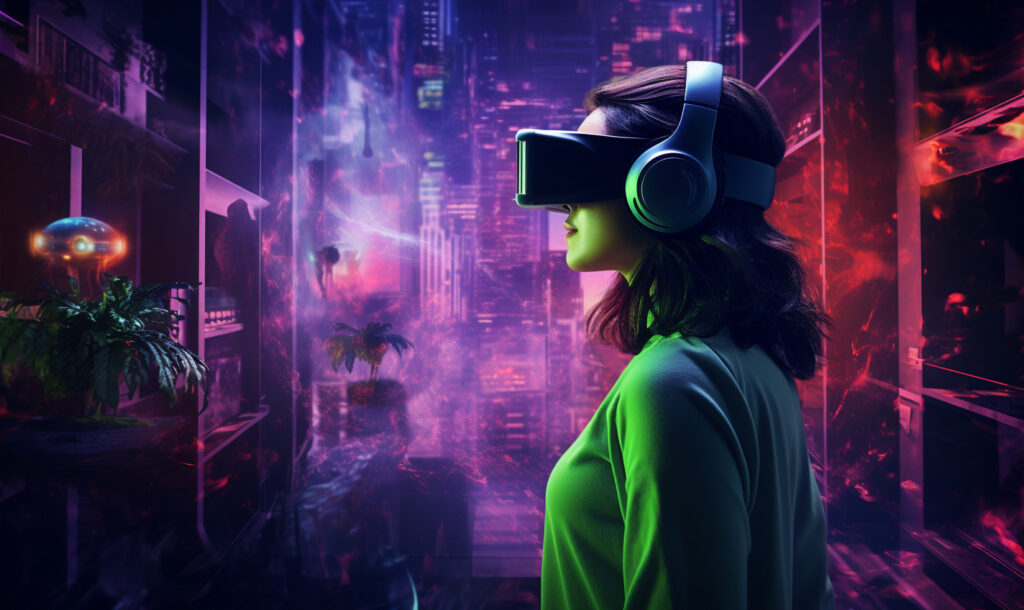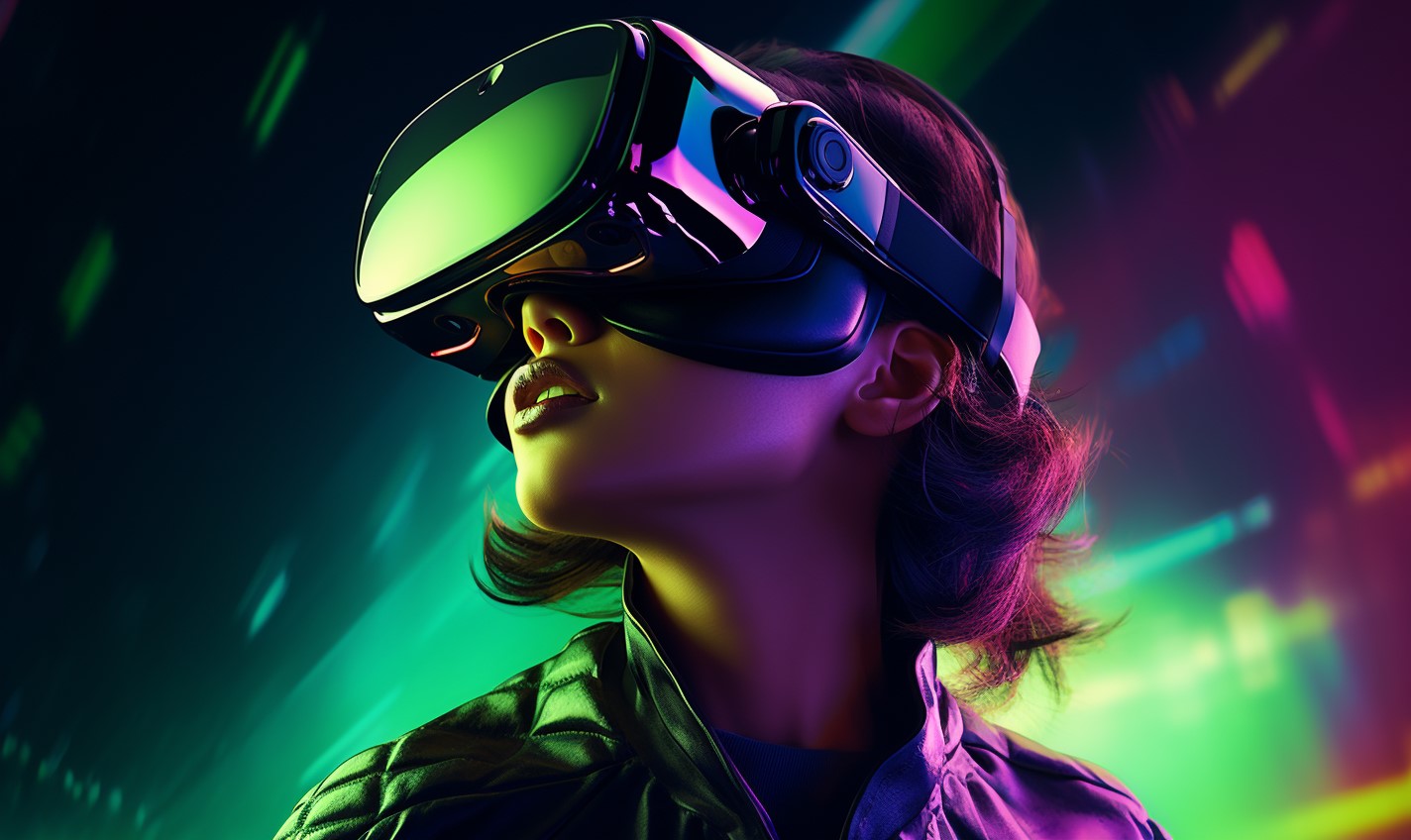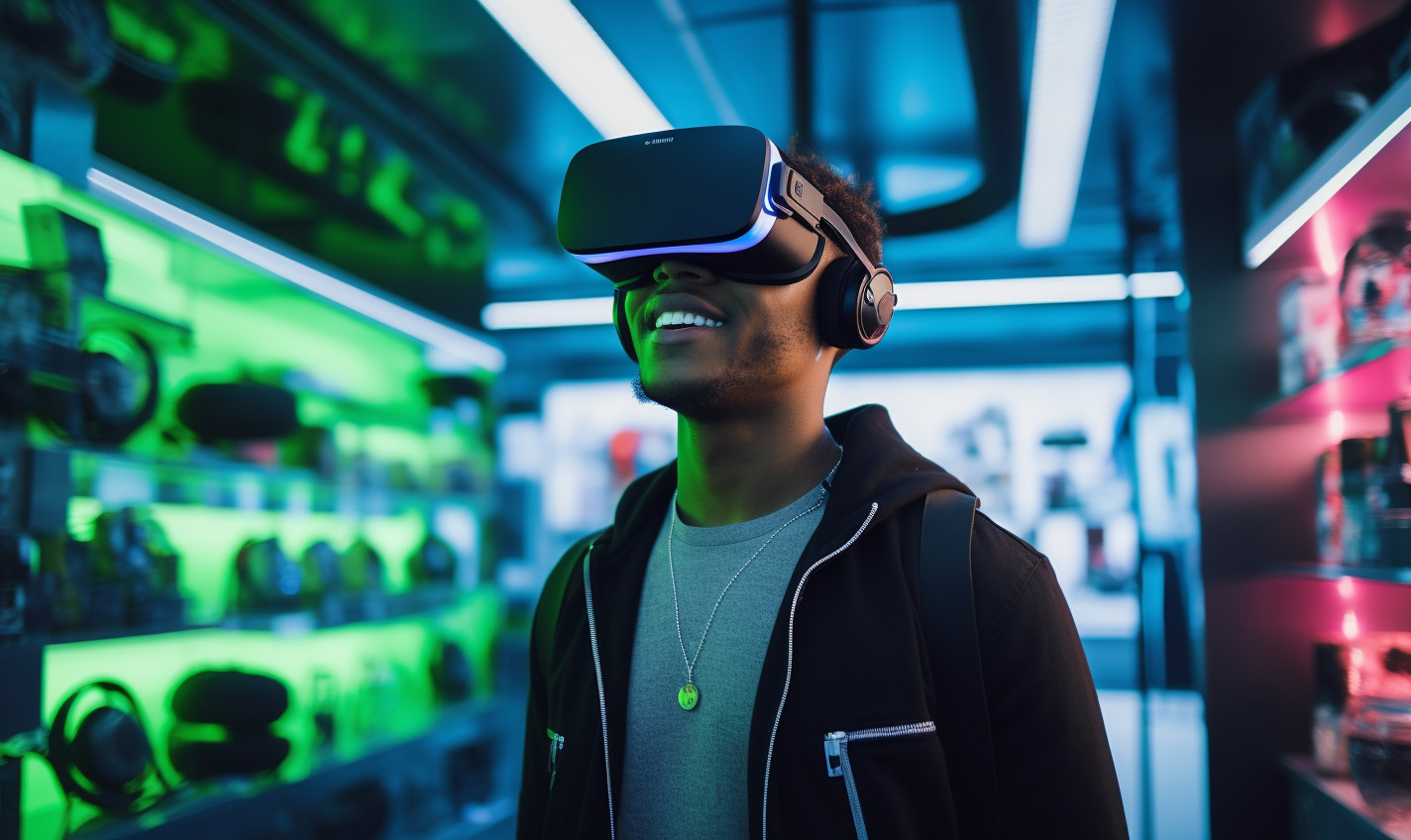More than likely, you’ve heard about the Samsung Gear VR headset at some point. If you haven’t, it’s a head-mounted virtual reality device that uses existing Samsung smartphones to deliver content. More specifically, you can strap in a Samsung Galaxy Note 5 or Galaxy Note S6 that acts as the display, while the virtual reality experience is provided by the headset.
Competing devices like the Oculus Rift, HTC Vive or Playstation VR don’t require smartphones, but they are proprietary in nature. The Oculus Rift, for example, is only currently compatible with select PC titles, and when the Playstation VR launches, it will only work with the PS4.
The main point is there are competing devices — many more than we’ve listed here. This is important because it shows just how close we are to seeing virtual reality become viable as a day-to-day experience. Clearly, Samsung understands this, because they announced during this year’s Sundance festival that they will be opening a VR production studio.
Samsung Believes VR Films Will Be a Big Deal
During the festival, Samsung USA’s marketing chief Marc Mathieu announced the company’s plans for opening a new VR production studio in New York. He also made it clear VR films and filmmaking will soon be taking off.
“At Samsung we love stories,” said Mathieu. “And we love to help people tell stories.”
Naturally, the company aims to produce virtual reality films that can be experienced on their Gear VR platform. They’ve also struck a unique partnership with the Sundance Institute to ensure this movement comes to pass. Budding filmmakers will have the opportunity to develop and create content with Samsung’s technology.
Of course, the company was rather quiet about what films we might see in the future.
It’s exciting to see new ways virtual reality might be used, particularly when it comes to film. The technology has been around for a while in gaming, and it has appeared in entertainment before, but not like Samsung is planning.
Could it be possible we will see movie theaters in the future equipped with similar technology?
How Will VR Affect Productivity?
While this news definitely is exciting — and promising for the entertainment world — it begs the question: How will it affect our day-to-day lives? Will VR technology help people be more productive in the future, or will it instead hinder their personal and work lives?
It’s difficult to say at this point, especially considering most of the discussed applications involve a form of entertainment. VR will be used for gaming, TV shows and movies, virtual experiences, playgrounds and more. Some of these applications are more obvious than others, but how will the technology fit into corporate and commercial environments?
Believe it or not, there are some viable uses for VR technology in the workspace. VR experiences can be used to train employees or workers for a particular scenario. It could also be used to track productivity or monitor a working process — essentially to allow management or supervisors to help workers be more efficient.
It all depends on how the technology is implemented. We were in the same mindset years ago when smartphones first started appearing and many companies and businesses were outlawing them.
Sure, smartphones can provide a distraction in the workplace for some, but they can also help others be more efficient and productive. According to a Kensington Productivity Report, employees tend to be much more productive these days and work longer hours thanks to their phones. It’s entirely possible that VR could offer the same benefits. We’ll just have to wait and see.
In the meantime, it’s safe to get excited for Samsung’s plans for a VR movie studio or, at the very least, what could come from such a thing.
[mc4wp_form]
Recent Stories
Follow Us On
Get the latest tech stories and news in seconds!
Sign up for our newsletter below to receive updates about technology trends















